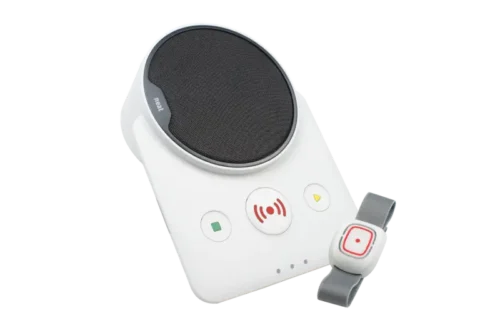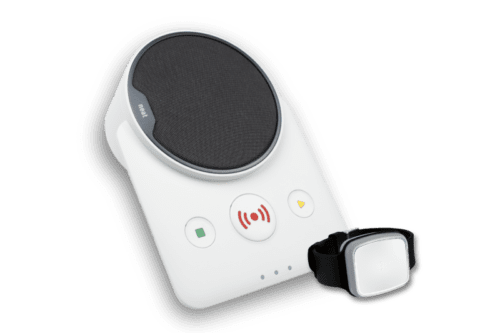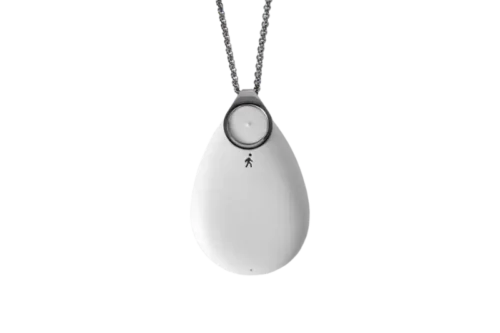There are 7,800 guide dogs in the UK, mainly supported by The Guide Dogs for the Blind Association. These dogs provide amazing support for people suffering from visual impairment, helping them to remain independent at home and lead as ordinary life as possible.
Recently, the students at the Glasgow School of Art were tasked with the challenge of designing products to help those suffering from dementia. Dementia is fast becoming one of the fastest-growing issues to face the NHS, with the number of sufferers set to rise from today’s 800,000 to 1 million by 2021.
Some other facts about Alzheimer’s and Dementia:
- 2 out of 3 sufferers are women.
- The financial cost of dementia to the UK was £23 Billion last year.
- Family carers save the UK a further £8 billion a year.
Well, during the process the students came up with the idea that guide dogs could be trained to also be Dementia Dogs, to help people suffering with the early stages of Alzheimer’s. So they collaborated with Alzheimer Scotland, Dogs for the Disabled and Guide Dogs Scotland to train two dogs.
Oscar and Kaspar have spent the last 18 months undergoing intense training to learn how to carry out tasks such as responding to alarms and nudging owners to get out of bed. And now they are being sent out to work as Dementia Dogs!
Frank Benham, whose wife suffers from Alzheimer’s says that having Oscar has helped he and his wife get out and about every day and changed their life. He says he if it becomes a normal thing for people with Alzheimer’s or dementia to have a dog it would be a “fantastic achievement”.
Well it appears that the two dogs have been such a success that another two are already being trained. However, with the cost of lengthy training it’s likely to be sometime before this becomes more mainstream.
In the meantime, what else can be done to support both sufferers and carers?
Well both the Alzheimer’s Society and Dementia UK provide brilliant support to many thousands of people, and their websites are packed full of advice and help for both parties such as utilising the fantastic Admiral Nurses organisation.
Practical solutions such as a personal alarm may also be really helpful for families as this enables carers to leave their loved one for a short time to run errands etc. If a dementia patient is prone to wandering, (or purposeful walking as it is now referred to), then an exit sensor is a great idea.
How does it work? Well the sensor is placed on the front door and will activate if someone tries to leave the premises, automatically creating a call out to the control centre. The operator who responds to that call will know an exit sensor has raised the alert and they will in turn alert carers, family or other key contacts of the situation.
To watch a video of Oscar and Kaspar in action click here.



